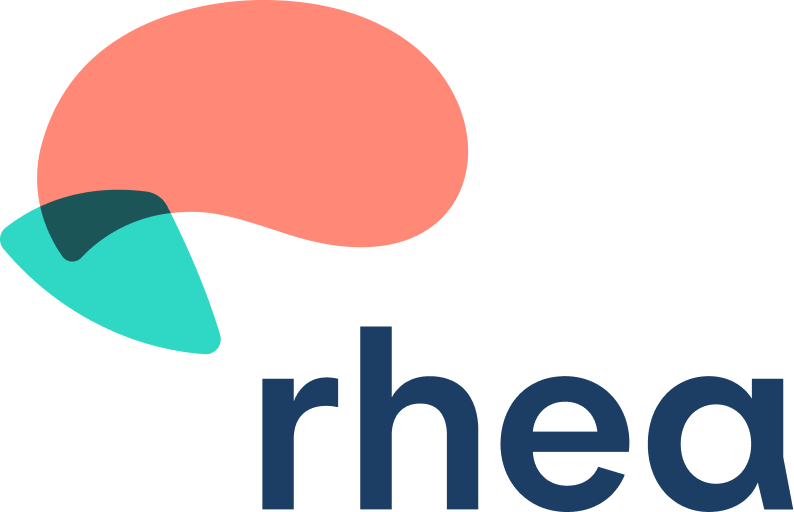Research Article:
Avoiding a red card: recommendations for a consistent standard of concussion management in professional football (soccer)
Article Breakdown
The authors of this scientific paper highlight a number of recommendations for professional football (soccer) with the goal of creating a consistent standardization of concussion management, protocols, education, and surveillance. The authors acknowledge that each recommendation has achieved some level of acceptance and adoption across the sport, although systematic cohesion among the professional ranks has not been achieved yet. This paper is a call to action with the goal of creating a new, holistic approach to concussion management in professional football. The core concepts presented aim to serve as a basic foundation for FIFA and sport organizations alike to build more comprehensive concussion management protocols that address each area.
Recommendations for Soccer
- Mandatory Education
Educating all sport stakeholders on concussion is proven overtime to improve concussion recognition and management. This practice has been implemented in a handful of professional football (soccer) leagues including, but not limited to the Major Soccer League (MLS) and for the FIFA Women’s World Cup 2019. This recommendation aims to help reduce concussion misconceptions, misrepresentations and create strides in relation to player welfare prioritization.
- Application of ‘If in doubt, sit them out’
This recommendation is a widely adopted concept that prompts sport staff, trainers, coaches, players and other sport stakeholders to withdraw from the field of play if a concussion is suspected. This recommendation seems simple in principle but often is hard to navigate unless an unassociated party is making the decision.
- Access to video footages and independent spotter
At the professional level, all teams have access to match footage. As a result, this level of access can help the training staff and unassociated concussion spotters to identify contact that may have resulted in a concussion. Surveillance of sport injuries is a growing area related to concussion prevention and has a lot of value for several aspects of concussion management.
- Time window for concussion assessment and related alteration of the laws of the game
For this measure, the authors recommend that professional football (soccer) leagues allow a specific, standardized window of time (3 minutes) to assess an athlete on the field of play for a concussion. In addition to this new rule, they also advocate for the use of a “concussion substitution” to minimize disruption of game flow and to maintain competitive equity during matches when a player has a suspected concussion.
- Time window for return to football competition
As per the recommendations put forth by the latest consensus statement on concussion and its graduated return-to-sport protocol, a concussed professional football player must remain sidelined for a minimum 6 days, undergo serial clinical evaluation and may only return if asymptomatic. If an athlete sustained a concussion on the weekend, they are unable to return to competition for a midweek match.
- Documented clearance by team physician
A team doctor should document the entire process of return and it is recommended that a multidisciplinary approach to recovery might prove helpful if accessible.
Main Takeaway Message
This call to action inspires responsibility to create a holistic approach when creating a concussion policy in professional football and provides tangible solutions to help create a safer sporting environment.
Study Reference and Access
Gouttebarge V, Goedhart EA, Orhant E, et al. Avoiding a red card: recommendations for a consistent standard of concussion management in professional football (soccer) British Journal of Sports Medicine 2022; 56:308-309.
